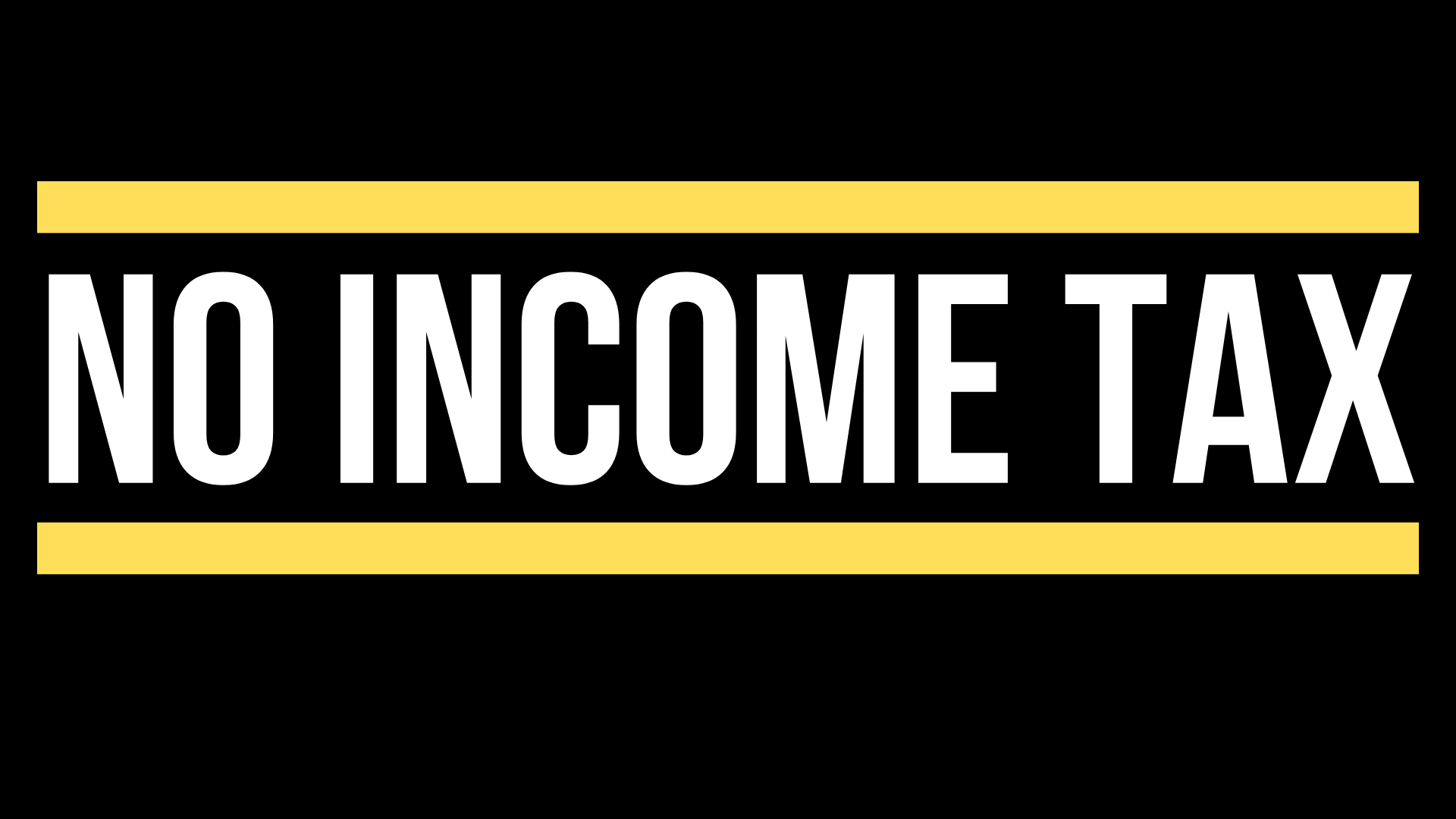The House Finance Committee held a public hearing today on HB 1496 (income tax on capital gains). First, I want to thank Chair Frame for how she conducted the hearing. With 70 people wanting to testify, I was not expecting to receive 90 seconds. Rep. Frame also was very generous with the time limit for an individual needing an interpreter to testify and she reminded those who weren’t called they can submit written comments. Also, the only person to be muted when testifying was a Seattle City Councilperson not following the rules of decorum. Everyone else was asked to conclude their testimony instead of being muted.
As for the substance of the hearing, here was my testimony on HB 1496 (48:34):
I also provided the Finance committee members with this background information from nearly a decade of my research on this topic:
- September 25, 2018 letter from the IRS: “This is in response to your inquiry regarding the tax treatment of capital gains. You ask whether tax on capital gains is considered an excise tax or an income tax? It is an income tax. More specifically, capital gains are treated as income under the tax code and taxed as such.”
- State Revenue Departments Describe Capital Gains Income Taxes: I personally contacted the revenue department for each state. Every state said that capital gains are income and are taxed as an income tax. Those states without personal income taxes, therefore, don’t tax capital gains. A few states with income taxes offer a credit or exemption against capital gains income.
- Capital gains taxes are extremely volatile: I asked each states’ tax officials this question about their capital gains income taxes: “Has this source of state tax revenue been dependable and stable or is it generally more volatile and unpredictable?” Not a single state said capital gains income taxes are dependable and stable. Here was the answer from California: "California's tax revenues have numerous volatile elements, but among the more significant sources of revenue volatility are the state's tax levies on net capital gains through the personal income tax."
- 2014 California constitutional amendment: “This constitutional amendment separates state spending from the rollercoaster of revenue volatility. This measure takes capital gains revenues that make up more than 8% of the General Fund - the average for the last 10 years - off the table rather than being used for unsustainable permanent tax cuts or ongoing programs.”
- 1960 state Supreme Court ruling prohibiting graduated income tax: “The argument is again pressed upon us that these cases were wrongly decided. The court is unwilling, however, to recede from the position announced in its repeated decisions. Among other things, the attorney general urges that the result should now be different because the state is confronted with a financial crisis. If so, the constitution may be amended by vote of the people. Such a constitutional amendment was rejected by popular vote in 1934.”
- If the bill moves, I encourage you to add this amendment to make clear the goal of the bill isn’t to overturn state Supreme Court caselaw prohibiting a graduated income tax: Proposed amendment - “The legislature recognizes well established state supreme court precedent declaring income to be property. The legislature also recognizes the fact state voters have rejected six income tax constitutional amendments. If the capital gains tax is challenged in court, the state attorney general is prohibited from requesting the court to reconsider its prior rulings declaring income to be property.”
- “Choose Washington” – No income taxes: For years Washington’s Department of Commerce has highlighted the state not having an income tax as being a competitive advantage for employers. This fact, and how the current capital gains tax discussion is impacting employer decisions, was recently highlighted by one of WA’s newest CEOs to move from California – Tanium’s Orion Hindawi. He said: “In essence, even if nothing has actually happened, the narrative in Washington today is that they don’t want to maintain what Nashville, and Austin, and Miami and a bunch of other places are saying that they do want to maintain. Which is very attractive to business owners. People can argue about whether it’s right or it’s wrong, that’s somewhat irrelevant. The question is actually do you want these people moving to your state or not. If you’re willing to accept the fact that they’re not going to move to your state and bring those jobs with them, then institute whatever policies you want . . . People need to be fully aware, there are a lot of people who currently call themselves Seattle residents or Washington residents, who don’t have to be tomorrow.”
Among those testifying today was Joe Bishop-Henchman, Vice president at the National Taxpayers Union Foundation. Here was his testimony (1:37:19):
“My name is Joe Bishop-Henchman, and I'm vice president at the National Taxpayers Union Foundation, a non-partisan research and educational organization based in Washington DC. I've authored over 100 studies on tax policy and testified in 36 states on tax policy issues.
Two points to make.
First, this tax will be incredibly volatile. Year over year swings of capital gains income range from down 91% to up 200%. If a stated goal of adopting this tax is to improve stability of tax revenue, it will have the opposite effect, harming any year-over-year programs that would depend on that revenue.
Second, this is an income tax, not a transaction tax. Transaction taxes don’t have exemption levels nor are they imposed on annual totals nor do they track the filing deadlines and requirements of the federal income tax. State income taxes do all those things. Taxpayers will fill out a return due the same day as the federal income tax, and the base of the tax will be derived from capital gains taxed under the federal income tax and state income taxes. The IRS, every other state, and every tax expert agree that capital gains are income.
There is a doctrine known as substance over form, where taxpayers are punished if they get too clever with labeling income as something else. What example does it set if the Legislature is doing the same?”
A very good question.





